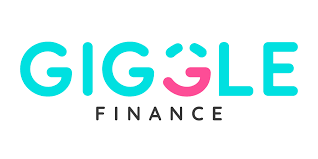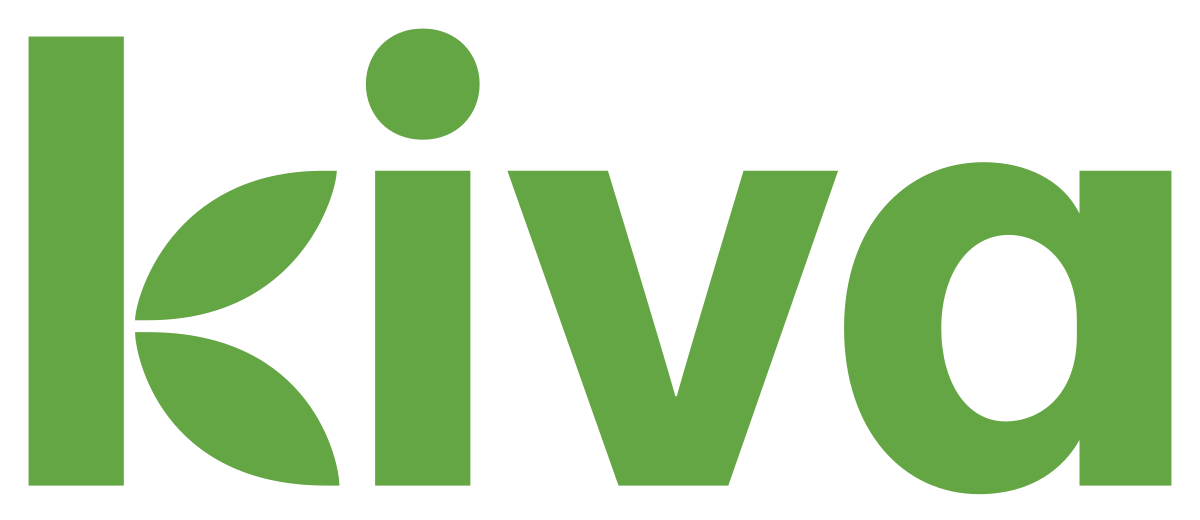Can You Get a Startup Loan With an EIN Only?
Possibly. But you’ll likely need to rely on your business’s credit score or explore alternative financing options.
Many, or all, of the products featured on this page are from our advertising partners who compensate us when you take certain actions on our website or click to take an action on their website. However, this does not influence our evaluations. Our opinions are our own. Here is a list of our partners and here's how we make money.
Concerned about tariffs?
Many small-business owners are under increased economic stress and uncertainty following the latest tariff announcements. NerdWallet is here to help you find answers for whatever you're looking for. Here are some resources to help you get started:
- Need emergency funding? Consider a business line of credit.
- Looking for fast access to working capital? Discover the best working capital loans.
- Want tips on how to mitigate the impact of tariffs? Read our guide.
It’s possible to get a small-business loan without a personal credit check. But you’ll likely need to rely on other factors for approval, such as a strong business credit score attached to your employer identification number (EIN).
The downside? These types of loans are often expensive, and you may need to explore alternative financing options that don’t involve a credit check.
How much do you need?
We'll start with a brief questionnaire to better understand the unique
needs of your business.
Once we uncover your personalized matches, our team will consult you
on the process moving forward.
Find the right loan for your business
Tell us how much you need and see your options in minutes.What is an EIN?
An EIN is a unique nine-digit number issued by the IRS to businesses in order to track filings and taxes. Think of it like a Social Security number for your business. EINs are required by every type of business except single-member LLCs and sole proprietors without employees.
Having one can add to your credibility and show lenders that your business is legitimate. It’s also the first step in building your business credit, which can help you qualify for a loan.
You can apply for an EIN online for free with the IRS.
Lenders that offer business loans using an EIN
The below providers offer financing options with low (or no) personal credit score requirements.
Additional funding options for startups
- Have strong personal credit? First see if you qualify for a startup business loan.
- Facing credit challenges? Check out available startup loans for bad credit.
- Prefer to avoid debt? Explore available startup business grants.
- Need flexible cash flow? Compare business lines of credit for startups.
Business loans you may be able to get with an EIN only
Most business loan applications consider the owners’ personal credit in some way. But there are a handful of funding options that may not — or that have more lenient credit requirements. Here are a few of them.
Online business loans
While online business loans sometimes have lower minimum credit requirements, they don’t typically skip credit checks altogether.
Even so, they’re usually more flexible than traditional options like banks or credit unions. Most online lenders list minimum credit requirements, so business owners should research and compare before applying.
Invoice financing
Invoice financing lets a business owner borrow against their unpaid invoices. Approval depends on the creditworthiness of the business’s customers instead of the business owner.
This type of borrowing generally doesn’t hurt the borrower’s personal or business credit score. It can help address short-term cash flow issues by putting money in a business’s pockets before customer invoices are due.
Microloans
Many nonprofits operate in the microlending space. Microloans typically max out at $50,000 and are generally meant to support small-business owners from traditionally underserved communities. For this reason, microlenders often have more flexible qualification requirements.
For example, Accion Opportunity Fund requires a 620 personal credit score, but it also considers other factors and accepts applicants with only 12 months of business history.
Kiva U.S., another nonprofit offering small-business microloans, determines creditworthiness through crowdfunding efforts rather than personal FICO score.
These smaller loan opportunities can give you access to low-interest working capital that may help tide you over while you build your business history and/or take steps to improve your credit score.
Merchant cash advances
Merchant cash advances are lump sums of cash that businesses repay with credit card sales over time. However, MCAs usually come with much higher interest rates than traditional lending options and don’t build your business credit.
Unlike with loans, eligibility is based on credit card receipts as opposed to a credit score. But because of its high rates, this type of funding should be a last resort.
How to apply for a loan with an EIN
Leverage your business’s strengths
Most small-business lenders look at personal credit and financials when evaluating loan applications. Business owners who prefer to apply with just an EIN, leaving the personal side out of the equation, can emphasize strong points about their business, such as a good business credit score or long financial history.
Lenders may also consider annual revenue, financial statements, business plans and collateral in lieu of personal financials and credit score. A personal guarantee, which is a promise that you will personally repay the loan if your business cannot, can also strengthen your application, and is required by many lenders.
Build business credit
For startups that haven’t been established long enough to build their business credit or demonstrate a history of financial success, it’s important to start building business credit as soon as possible.
You can build your business credit by applying for a business credit card with your EIN, establishing trade credit with vendors and paying credit card bills off in full each month.

Pros and cons of business loans with EIN only
Pros
✅ No personal credit check. If you’re facing personal credit challenges, or want to avoid a personal credit pull for other reasons, you can still get funding with an EIN and strong business credit.
✅ Easier to get funding. Many no credit check loans rely on things other than financials, like the value of outstanding invoices, so it can be easier to get approved.
✅ Easier application. Because lenders don’t need to look at personal financials, the application process can be easier than traditional loans.
Cons
❌ Can be expensive. One way lenders may try to mitigate risk of foregoing a personal credit check or lending to a borrower with less than stellar credit, is by raising fees and rates.
❌ Can be difficult to find. Most traditional lenders like banks don’t offer loan options without credit checks. Alternative financing can be risky, and reputable lenders, invoice financing or MCA companies can be difficult to find.
❌ Can put your business at risk. Higher fees, APRs and shorter repayment terms common with alternative loans can strain your cash flow, making it harder to pay for business expenses.
Article sources
NerdWallet writers are subject matter authorities who use primary,
trustworthy sources to inform their work, including peer-reviewed
studies, government websites, academic research and interviews with
industry experts. All content is fact-checked for accuracy, timeliness
and relevance. You can learn more about NerdWallet's high
standards for journalism by reading our
editorial guidelines.
Related articles
















